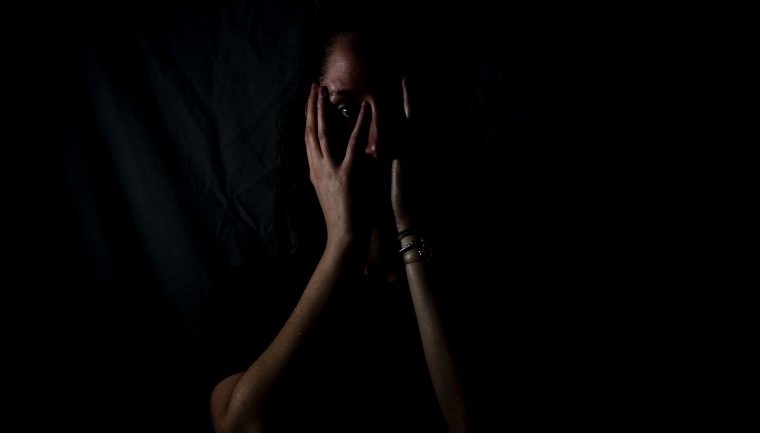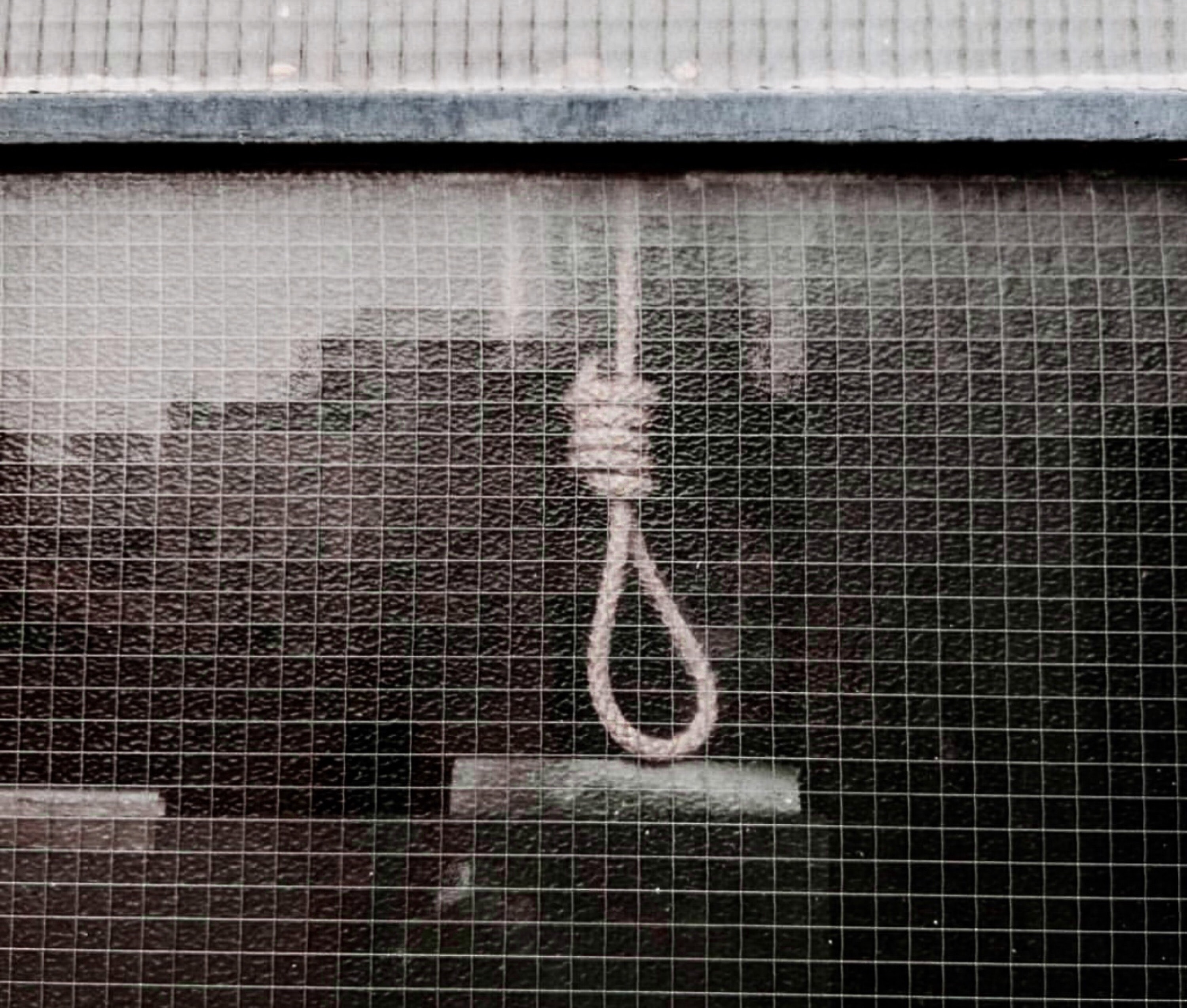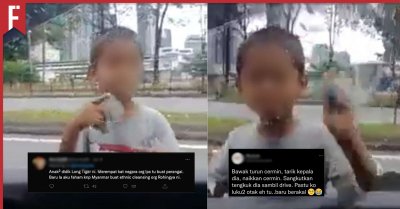
One-third of calls made to Befrienders KL are suicidal cases. | Source
*Trigger Warning. The following article contains mentions of self-harm, mental health issues and attempted suicide. Reader discretion is advised.
“I’m going to jump right now, give me a reason why I shouldn’t.”
Every year, countries everywhere observe World Suicide Prevention Day on 10 September. Like clockwork, news sites and social media feeds are flooded with articles and content consisting of ‘signs you’re suicidal’ and ‘how to manage suicidal thoughts’, with a few ‘positivity’ quotes thrown in for good measure.
But are passive-aggressive guilting and subtle shaming the way to go in acknowledging these issues?
Over the years, we’ve seen a significant rise in conversations about mental health issues and suicide on social media and, in some instances, the mainstream media. Access to public mental health helplines and institutions are also more readily available.
Whether it’s us or someone we know, we’ve heard the stories behind what it’s like to receive the help needed to get better.
But what’s it like to be on the giving end of it?
Befriending Those in Need
To get a glimpse into the life of a mental health ‘helper’ (for lack of a better word), we spoke to Ardy Ayadali, the Publicity Director for Befrienders KL, a 24/7 suicide hotline.
Fun fact: Befrienders KL was pioneered by a group of Malaysians back in 1970 who were concerned for the emotional wellbeing of the community after the riots of 13 May 1969.
According to Ardy, who is also a hotline volunteer, the process of becoming a volunteer isn’t as simple as ‘Hi, I’d like to be a volunteer’ and getting behind the phones.
“When you first have the desire to be a volunteer, you have to go through an interview selection process, and once selected you have to go through intensive training.”
Working with a group of professional psychiatrists and psychologists, candidates are then taught the necessary skills to listen and talk to those who are in distress and feeling suicidal.
“The entire process could take up to six months, including the probation and supervision period,” he continues.
Once made official, volunteers then commit to a three-to-four hour shift once a week, with an overnight shift once a month.
Throwing a Lifeline

While the calls they receive differ from one to the other, Ardy stated that according to Befrienders KL’s statistics, the top three reasons for calling in are attributed to mental health issues, relationship problems and family problems.
“With the calls that we get, it can go up to 80-100 calls per day, and out of these calls, about one-third of them are suicidal,” states Ardy.
“Sometimes you might get calls that start off with “I’m going to cut right now” or “I have cut and I’m watching the blood drip down my hand”.
This is the reality that suicide hotline volunteers face. While the necessary training to deal with these situations is given beforehand, it isn’t a job for the faint of heart.
“There are cases where they have already attempted [suicide] prior to calling. For example, let’s say someone has taken a lot of pills to try overdosing. Just before they slip into unconsciousness they call us and say “Can you help me, I really don’t want to die and I really need help”. So in cases like that, we ask for their consent if they want us to get professional help to go and get them. In cases like these, we normally call the ambulance.”
As dark as the reality is, there is a silver lining that peeks through.
“The positive side about all this is that they actually made the call. So it means that they are still 50/50 about wanting to die or wanting to live. The fact that they called means they still want to be saved,” says Ardy.
“For us at Befrienders KL, we offer non-judgemental and confidential conversations, so in a way, they know that they are speaking to someone they can trust and someone that can understand their pain, to be there with them during this period of time where they are actually feeling very suicidal.”
“You must be in a lot of pain to think about ending your life. Do you want to tell me about this pain and what’s going on in your life?”
And that is the whole idea behind what they do – providing a safe space for those in emotional pain or distress where they are free to open up to people who are willing to listen.
Emphasis on willing.
We cannot deny that society isn’t a kind shoulder to cry on when it comes to the subject of mental health, and while the topic has certainly been brought up more of late, the underlying stigma of mental health and suicide still exists.
Whether because of miseducation, overcompensating positivity or ignoring the proverbial bull in a china shop – pick your poison.
Stripping the Stigma

Simply put, it is due to this stigma that many are simply afraid to seek help, causing them to suffer in silence and emotional solitude.
“The thing about mental health issues is, help is available. But somehow, people sometimes refuse or are just afraid to get that help because they’re afraid that society might judge them for it,” says Ardy.
That being said, talking about something as personal as your mental state and emotional wellbeing can be hard. We have to admit that there are people (even us at times) who can be quite dismissive and judgemental when it comes to conversations about intense pain or suicidal thoughts.
And being dismissive can come in many forms, even ones that we might not realise.
Hint: we mentioned it a little earlier.
Projecting an overtly positive outlook might seem like you’re helping them be positive, but is it actually doing more harm than good?
“That’s like offering a false hope kind of thing. That’s not good because it’s more like a short-term way of dealing with issues,” states Ardy.
“Instead of really listening in, they just brush the other person aside, like the matter isn’t a huge issue. It’s not good because it will cause them to shut down and not open up more.”
Unfortunately, it is an occurrence that happens more often than not, especially on social media. We see it all too often:
“It’s okay lah, move on, things happen, you’ll get over it.”
The Defendant is Found Guilty
The criminalisation of attempted suicide has been a long-standing issue in Malaysia and falls under Section 309 of the Penal Code, which states:
Whoever attempts to commit suicide, and does any act towards the commission of such offence, shall be punished with imprisonment for a term which may extend to one year or with fine or with both.
As a step in the right direction, the Malaysian Home Ministry and Attourney-General’s Chamber (AGC) have announced their agreement to decriminalise attempted suicide.
During the Dewan Rakyat proceedings on October 7 2021, Deputy Health Minister II Datuk Aaron Ago Dagang (Kanowit-GPS) said that the process of abolishing the act altogether is underway and that the matter will be brought to cabinet soon.
“Amendments will be made to Section 309 so that those who attempt to commit suicide will not be found guilty.”
So, How Do We Do Better?
In short, start talking about it.
Public awareness and creating a space to have these conversations are important in the journey of destigmatising mental health issues and suicide.
“I think it’s really important for people to understand that suicide is preventable,” says Ardy.
He continued by saying that it’s important to note that those who attempt or commit suicide shouldn’t be branded as selfish.
“It can come off like that, but in reality, it’s more than that because there are always multiple factors that lead to someone thinking about ending their life. And most of the time it has to do with that intense emotional pain that they are experiencing.”
“What they want is to end the pain by any means possible. And when they can’t find any other way to do it, then suicide tends to be their final choice
In closing, having these conversations boils down to having the empathy to understand the kind of suffering that other people are going through. We as a society have to realise that no one wakes up one day deciding to end their life on a whim, with no concern for themselves or the people around them.
So the next time someone reaches out to you, don’t be so quick to dismiss what they have to say, no matter how small an issue you think it is.
If you or anyone you know is experiencing emotional distress or having suicidal thoughts, please reach out to someone you trust or give Befrienders KL a call.
While we’re on the subject of important conversations we should be having, here’s one on the issue of racism in Malaysia.








